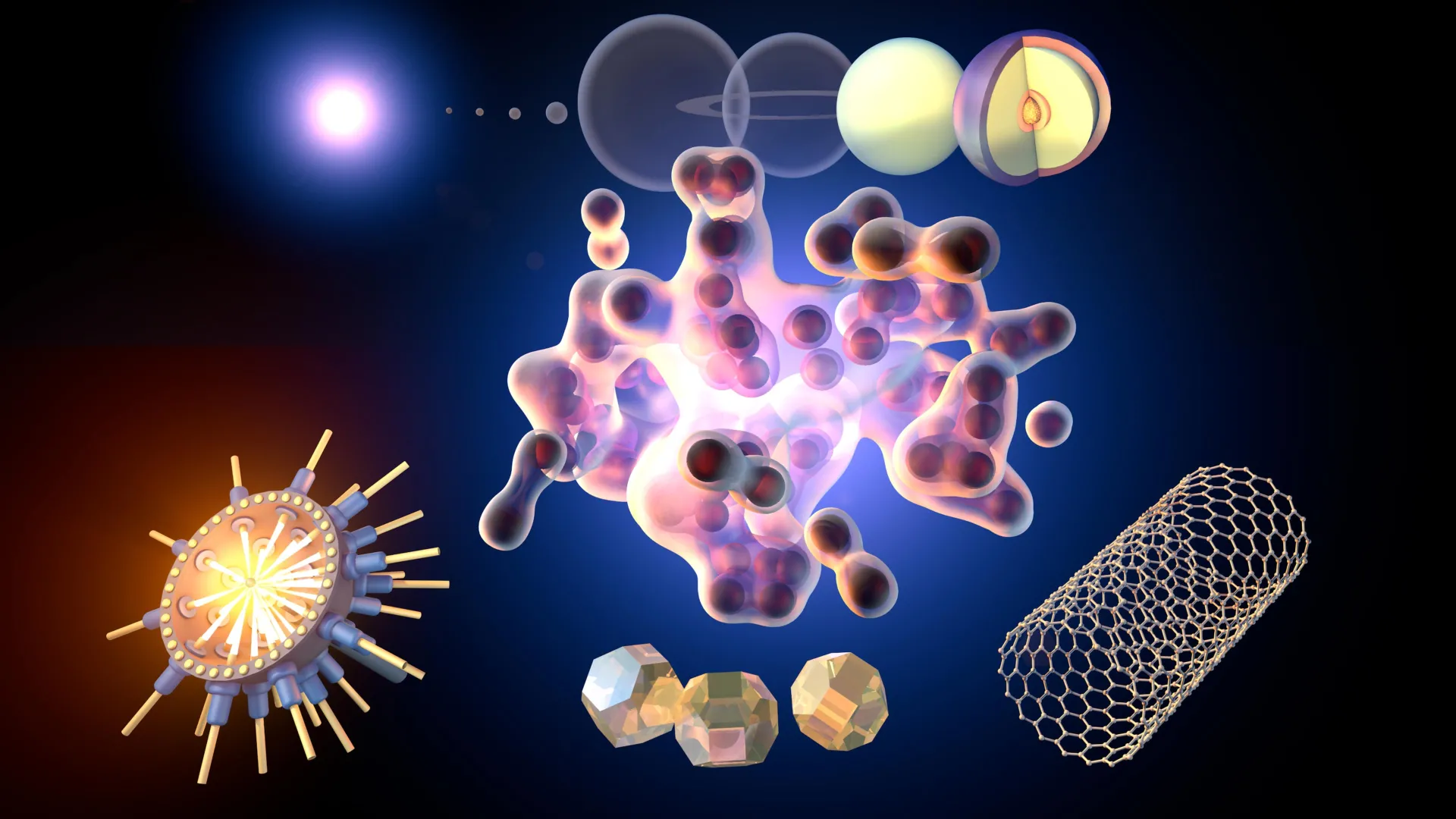Now Reading: Graphene Defies Fundamental Law of Physics
-
01
Graphene Defies Fundamental Law of Physics
Graphene Defies Fundamental Law of Physics

Swift Summary
- Researchers at the Department of physics, IISc, and collaborators from Japan have detected a quantum fluid of electrons in graphene.
- the study reveals an inverse relationship between electrical conductivity and thermal conductivity in graphene, defying the Wiedemann-Franz law typically observed in metals.
- This behavior is associated with the “Dirac fluid” state, where electrons behave collectively like a minimally viscous liquid near the Dirac point-a unique electronic tipping point when graphene acts neither as a metal nor an insulator.
- Results establish graphene as a platform to explore high-energy physics phenomena such as black-hole thermodynamics and quark-gluon plasma dynamics under laboratory conditions.
- Potential applications include advancements in quantum sensors for amplifying weak signals and detecting faint magnetic fields.
Indian opinion Analysis
The findings mark a meaningful step forward for India’s scientific contribution to advanced quantum physics research. By refining techniques to detect exotic electron behaviors in exceptionally clean samples of graphene, IISc researchers have positioned India on the global frontlines of experimental physics. Graphene’s unique properties could pave pathways to both foundational research and technological innovations-including applications like quantum sensors for enhanced signal detection capabilities.
This development highlights India’s growing role not only as an innovator but also as an enabler of cutting-edge science relevant across disciplines-bridging materials science with high-energy physics concepts typically studied using rare particle accelerators. Moreover, the low-cost accessibility of graphene enhances its appeal for long-term exploration within national laboratories.
It will be important for academia and industry stakeholders alike to assess scalability opportunities stemming from this work while keeping international collaborations strong for future breakthroughs.
























